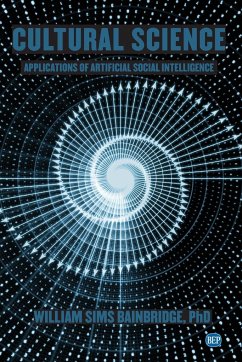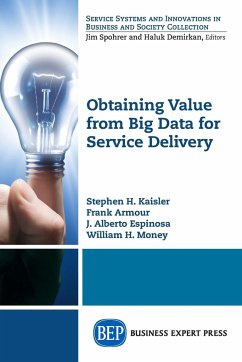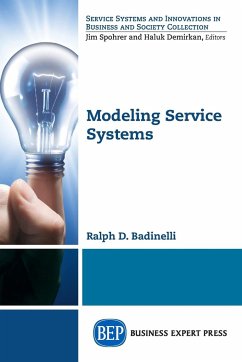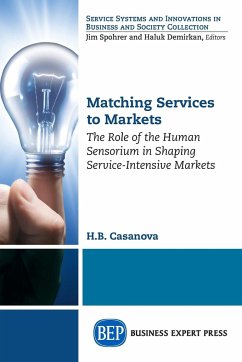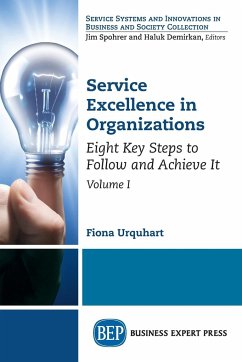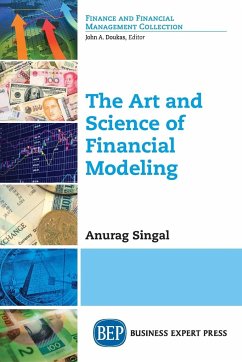This innovative book explores the new relationships connecting computer science, social science, and the humanities. In our time of great and uncertain change, business, government, and education must partner in many forms of technical and cultural convergence-for the benefit of both human welfare and economic recovery. This innovative book explores the new relationships connecting computer science, social science, and the humanities. One popular form of artificial social intelligence, recommender systems, can become a far more valuable tool for research on the arts, beginning with movies and computer games, then extending to all the other art forms. While artificial intelligence can be a powerful tool for description of physical reality, it must become both social and cultural if it is to be a valued tool of human expression. Many new developments offer opportunities and challenges for both industry and government policy. This book shows how artificial intelligence and related information technologies can converge successfully with the social sciences and humanities, so together they can achieve maximum benefits for people.
Hinweis: Dieser Artikel kann nur an eine deutsche Lieferadresse ausgeliefert werden.
Hinweis: Dieser Artikel kann nur an eine deutsche Lieferadresse ausgeliefert werden.

